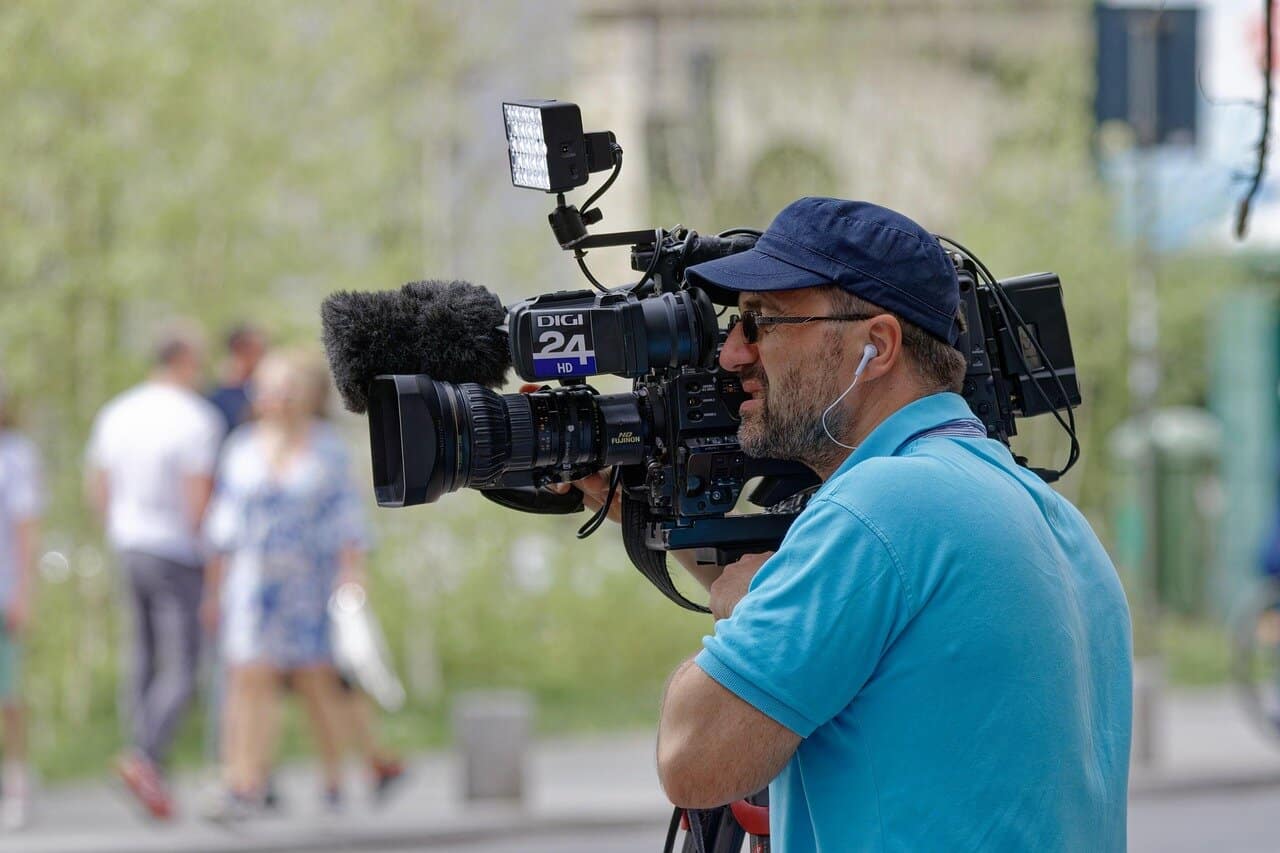Costa Rica’s Constitutional Court has ruled in favor of journalists, declaring two appeals against the Presidency admissible for actions that stifled press freedom during President Rodrigo Chaves’ press conferences. The decisions, announced yesterday highlight growing tensions between the administration and the media, as Chaves’ hostility toward journalists draws scrutiny. These rulings come amid Costa Rica’s slide from 26th to 36th in the 2025 World Press Freedom Index by Reporters Without Borders (RSF), signaling a troubling decline in press freedom.
Chaves’ Actions Stifle Media Freedom
The first appeal stems from a July 2024 press conference addressing the Constitutional Chamber’s response to a legislative consultation on the Jaguar Law, aimed at promoting Costa Rica’s development. Journalist Esteban Guzmán attempted to question Chaves but was abruptly silenced when the president raised his voice, cutting him off mid-sentence. The Constitutional Court deemed this a violation of press freedom, ordering the State to pay costs and damages. The ruling underscores the importance of journalists’ rights to ask questions without intimidation, especially on matters of public interest.
The second appeal involves an incident on September, 2024, during a press conference on the controversial 4-3 exceptional workweek bill, which proposed 12-hour workdays. Journalists David Bolaños, from Doble Check, and David Chavarría, from Interferencia, sought to press Chaves and then-Minister of the Presidency Laura Fernández for clarity.
When Bolaños noted Chaves’ evasive response, officials cut off his microphone, and Presidential Protection Unit agents surrounded both journalists, creating an intimidating atmosphere. The journalists also reported requesting official information on the bill from the Ministry but receiving no response. The Court found violations of the right to petition and access public information but did not award compensation.
These incidents reflect a broader pattern of aggression. Chaves has repeatedly targeted outlets like La Nación, Teletica, and CRHoy.com, calling journalists “political hitmen” and “gutter press” (prensa canalla) while urging the public to distrust critical reporting. In 2023, the Constitutional Chamber ruled that Chaves violated press freedom through verbal attacks on these outlets, a precedent reinforced by the 2025 rulings.
Press Freedom Under Pressure
Costa Rica, long a bellwether of democracy, faces growing concerns over press freedom under Chaves’ administration, which began in May 2022. The 2025 RSF Index cites Chaves’ stigmatizing rhetoric and intimidation tactics as key drivers of the country’s decline, a sharp contrast to its 5th-place ranking in 2021. A 2023 University of Costa Rica report found 80% of journalists self-censor online due to harassment fears, with 60% deleting posts to protect themselves or their families.
The Inter-American Press Association (IAPA) has criticized Chaves’ use of state advertising to pressure media and his attacks on institutions like the Supreme Court and Attorney General’s Office. In 2024, the Inter-American Commission on Human Rights (IACHR) expressed alarm over rising journalist complaints, noting that frequent Constitutional Court appeals indicate systemic issues. Specific cases, like Chaves’ 2025 criminal complaint against two Teletica journalists for sharing his phone number, have fueled debates over privacy versus press rights, with critics pointing to Chaves’ own history of disclosing others’ personal data.
Despite these challenges, Costa Rica’s legal framework remains a safeguard. The Constitutional Court’s rulings, including a 2022 decision overturning the closure of La Nación-owned Parque Viva, demonstrate judicial commitment to free expression. However, the upcoming 2026 presidential election could heighten tensions, with RSF warning that political polarization may further erode press freedoms.
The Court’s latest decisions send a clear message: public officials must respect journalists’ rights. As Costa Rica grapples with rising crime and political divides, a free press remains essential for accountability. Environmental issues, like the Gandoca-Manzanillo Refuge controversy, underscore the need for robust reporting. The rulings offer hope, but ongoing vigilance is needed to protect Costa Rica’s democratic values.






